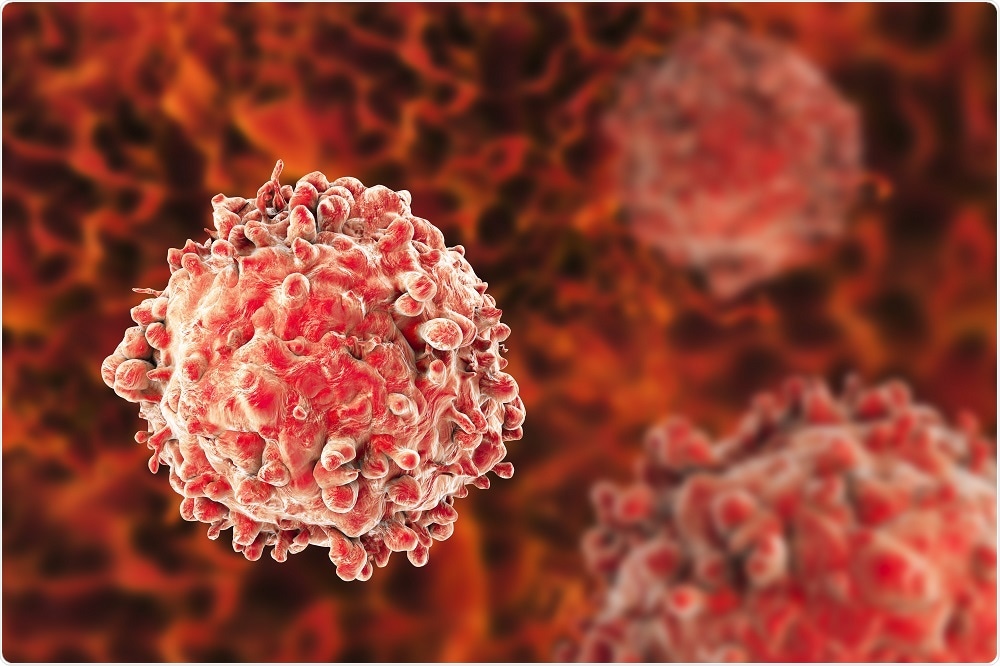Researchers from the University of Barcelona, August Pi i Sunyer Biomedical Research Institute and Hospital Clínic Barcelona have created a high-resolution map of the entire epigenome of chronic lymphocytic leukemia, the most common form of leukemia.
 Image Credit: Kateryna Kon/Shutterstock.com
Image Credit: Kateryna Kon/Shutterstock.com
Comparing the map with one of healthy cells flagged up hundreds of regions that change their functionality in leukemia, enabling researchers to better understand the illness and potentially identify new therapeutic targets.
Previously, molecular studies of leukemia and other types of cancer have focused on only one data layer, which meant researchers could not create a precise map of the functions of the genome.
This study has no precedents in cancer genomic research and it emphasises the importance of bringing different molecular data layers for a better understanding of the illness.”
Elias Campo, Hospital Clínic Research Director
The researchers that took part in this study had previously published the sequencing of the genome and methylome in leukemia.
However, “knowing the genome sequencing is not enough to know how it works,” says lead author Iñaki Martín-Subero (University of Barcelona). “In order to know its functions and its regulation we need an analysis with multiple epigenetic layers.”
Co-author Renée Beekman says one of the biggest challenges has been adding so many data layers and it has taken three years of intense computer analysis to finally complete the functional map.
With the map completed, the team were able to identify in detail areas with specific functions. In particular, they could visualize the dark areas of the genome (previously called junk DNA) and observe many essential areas required for the genome to work.
We could map for the first time the complete map of the functions of the genome in leukaemia, defining active genes, inactive genes, areas without genes but which control the expression, big inactive deserts in the genome, among others.”
Martín-Subero, University of Barcelona
He adds that as well as the complete map enabling the team to understand leukemia at the molecular level, it also serves as a great information resource for other researchers to translate findings into a better treatment and improved quality of life for patients.